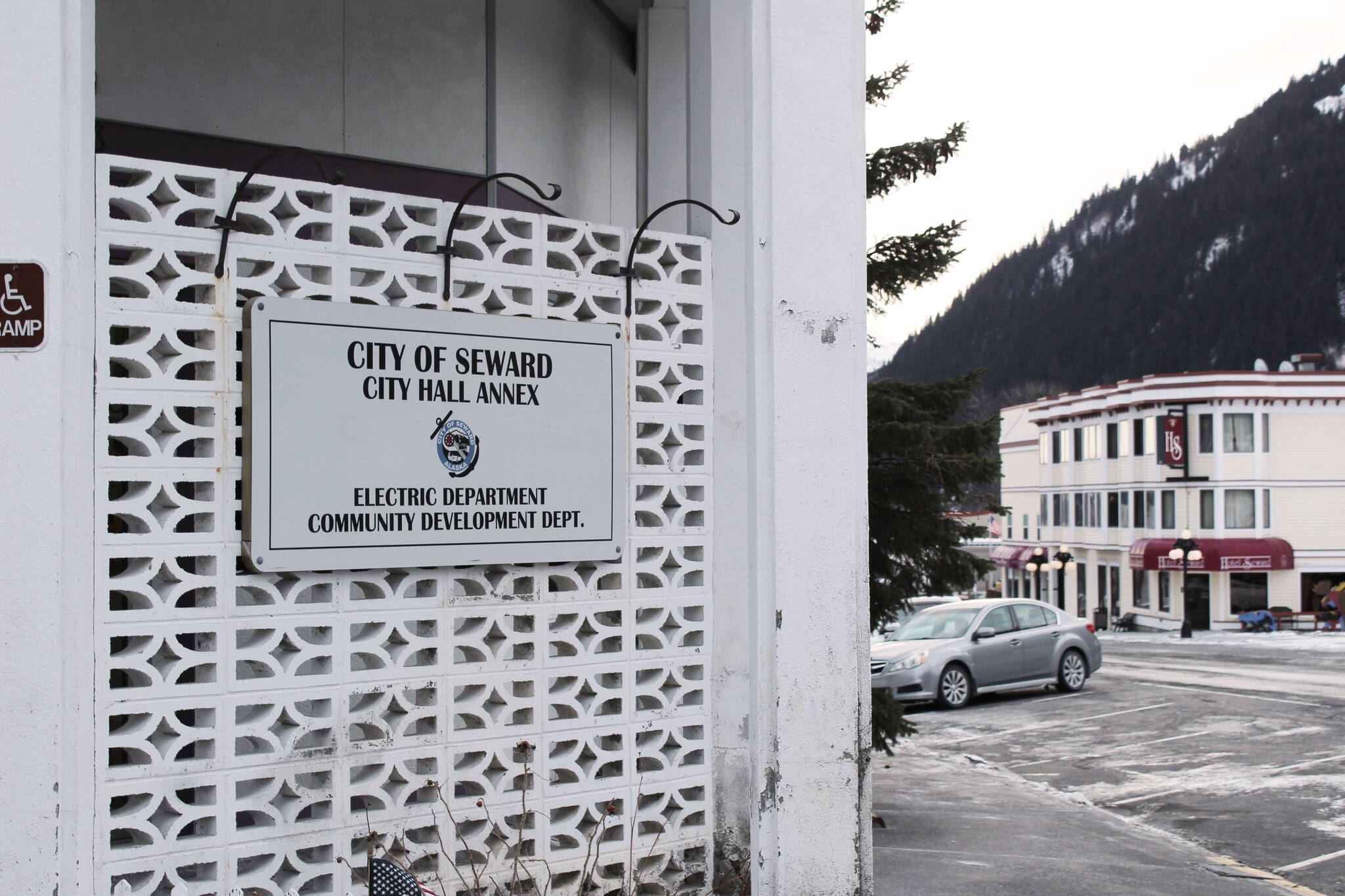Seward Electric Utility customers would pay 6 cents more per kilowatt hour for electricity starting next year under a rate increase being considered by Seward City Council members.
A resolution considered at Monday’s council meeting would increase rates by $0.06 per kWh for all customers, or by about $36 per month for residents. Currently, Seward residents pay $0.1217 per kWh in the summer and $0.0851 in the winter. On average, each of Seward Electric’s residential customers use about 600 kWh per month worth of electricity.
The legislation cites a need to pay for deferred maintenance, cybersecurity upgrades, additional staff resources and inflation impacts as being among the reasons the increase is needed. The changes would only apply to the city’s base rates, which include a customer charge, an energy charge and a demand charge. Those charges are different from the Cost of Power Adjustment rate.
Monday’s discussion came the month after city residents — for the second time this year — rejected the proposed sale of the city’s electric utility to Homer Electric Association. The proposed sale, which needs a three-fifths majority to advance, failed by seven votes during a special election held in May, and by a larger margin last month.
The $0.06 figure comes from a rate study conducted by Financial Engineering Company for the city earlier this year. The study recommended that, in the event the utility sale fails, the city increase electric rates by $0.06 per kWh across all customer types. That’s to ensure the utility meets its revenue targets in the coming years.
Mike Hubbard, a consultant with the group, outlined for city council members during that work session the different options available both in the case that the utility sale failed and that it passed. Even if city voters agreed to sell the utility, Hubbard said the city would still have needed to increase rates, albeit by a lesser amount.
To keep pace with what Seward Electric will need to bring in as revenue, Hubbard said rates will ultimately need to increase again in 2025 by an additional $0.01, such that the rates overall increase by $0.07 per kWh starting in 2025.
Once all rate increases are implemented, the average residential customer’s monthly payment would go up by about $44.59.
Outgoing Seward Electric General Manager Rob Montgomery said during the same work session that Seward’s current electric rates are “artificially low” because of a historic lack of investment in the city’s current system.
“Seward’s rates have been artificially low for a while because we haven’t been investing as we should have in the system,” he said. “So, because we’re playing catch up, that’s why you’re going to see the bump up in the rates.”
Multiple people who testified at Monday night’s meeting asked city council members to consider a lower rate increase, such as the rate proposed by a Seward Electric Ad Hoc Committee in September.
That group, tasked with exploring the future of the city’s electric utility ahead of the Oct. 3 vote, suggested an increase of $0.017 per kWh in a Sept. 25 letter to council members.
Others who testified questioned the variable Hubbard used to generate the $0.06 per kWh amount, suggesting that the number might be too conservative.
Council members briefly entertained an amendment by Mike Calhoon that would have reduced the proposed rate increase from $0.06 to $0.03, however, the motion was ultimately withdrawn. They instead voted unanimously to postpone the resolution until their Dec. 11 council meeting.
Monday’s Seward City Council meeting can be streamed on the city’s YouTube channel.
Reach reporter Ashlyn O’Hara at ashlyn.ohara@peninsulaclarion.com.

